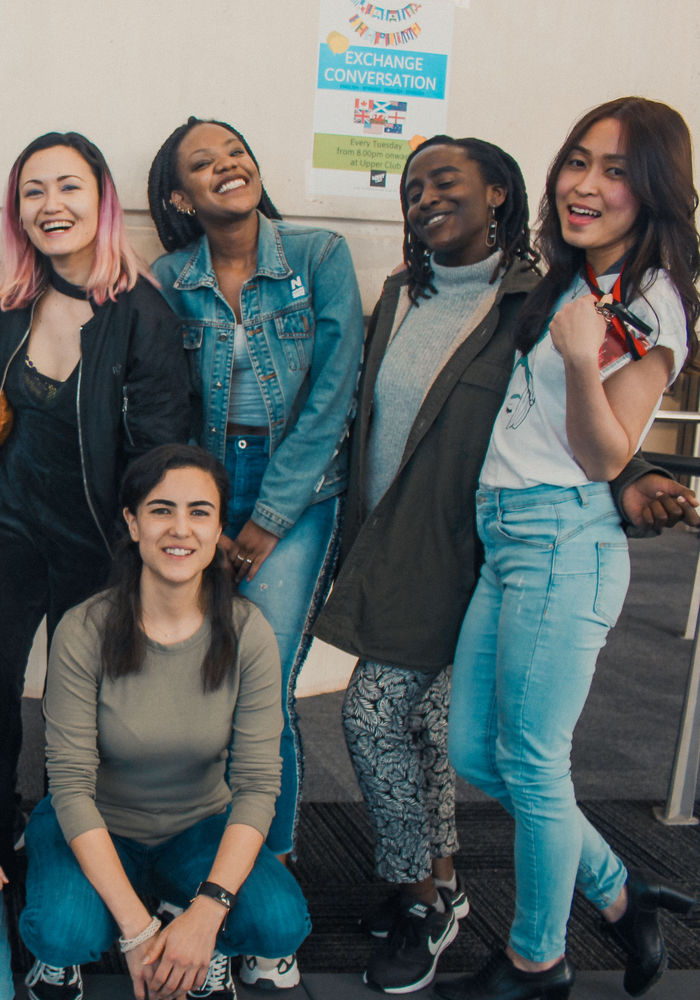How many women did you see at your last recording session? Not as a secretary, manager, singer, or someone’s girlfriend, but as a recording or assistant engineer, a producer or a studio runner? Chances are, not many. Enter She Knows Tech, which is working to change that.
Each year after the Grammy Awards, the USC Annenberg Institute releases a study on the representation of gender and race across the music industry. This year’s study was released in January 2021, and looked at 800 popular songs from 2012 to 2019.
The study showed that for every female artist, there are 3.6 male artists, and for every female producer, there are 37 male producers. 56% of 800 popular songs had an all-male songwriting team, while less than 1% had an all-female songwriting team. So where are all the women in our industry?
According to Jasmine Kok, founder and CEO of She Knows Tech, women are simply not included, celebrated, or represented enough – but she and a team of like minded women are working hard to change that.
Kok is a producer, songwriter, topliner and educator based in Valencia, Spain, and leads the event planning and public outreach for She Knows Tech, which aims to channel waves of trained women into technical roles in the music industry and dispel the notion that there are not enough female professionals in music production and technology.
The dream is simple: to work in a music industry that is flooded with female-identifying producers, engineers and tech performers, to provide a platform for women to give and receive training in music technology, and to create a safe space for open discussion in closing the industry's gender gap.
She Knows Tech began as an all-women student collective at Berklee College of Music’s Valencia campus in 2017, motivated by the lack of women faculty members in the music production department.
“It got me thinking, ‘are women just not cut out for tech? Are we just better off writing, composing and performing, and leaving production to someone else?’ I just couldn't shake that question off,” says Kok.
“Why are there so few women doing this? A lot of people were like, ‘maybe women are just not interested’, and initially, that's what I thought too. But the more we got into She Knows Tech activities, the more it showed us otherwise.”
Lisa Murray then joined She Knows Tech – she oversees all of the social media channels as well as working on overall operations for the team.
Murray is an artist, music producer, audio engineer and multi-faceted creator from Ireland, and reveals that although she has not experienced any negative experiences since becoming a producer, she has found that she has had to make the most of all learning opportunities while working in live events, in particular.






